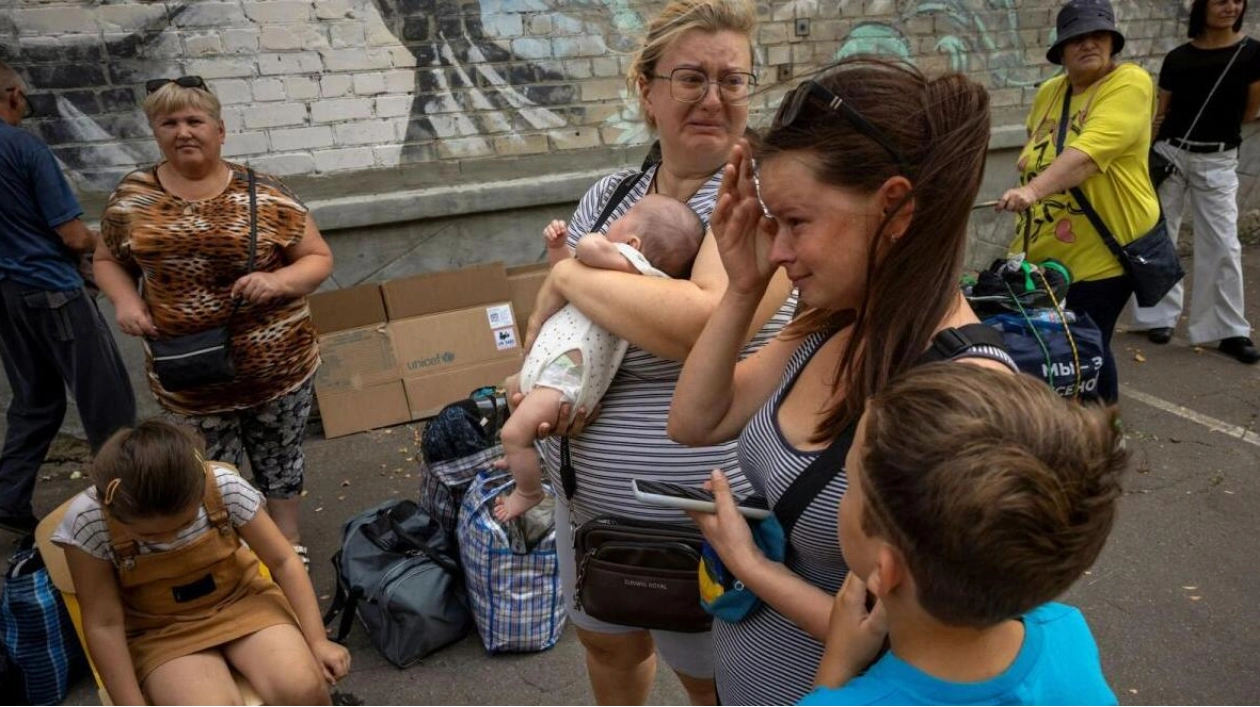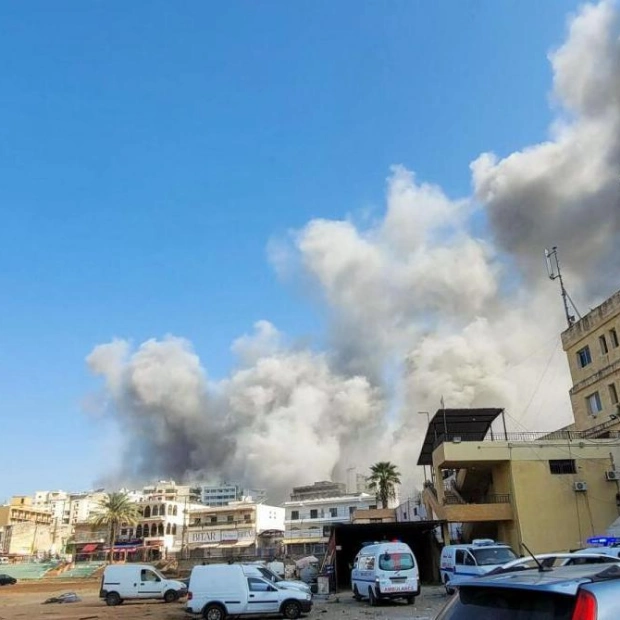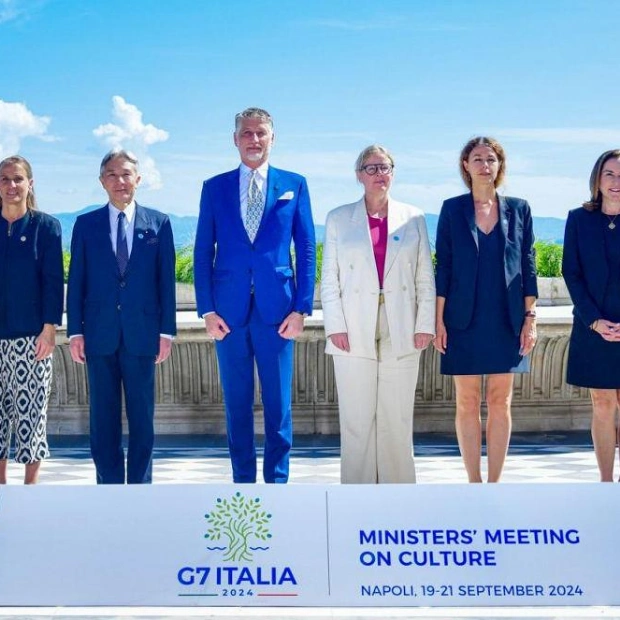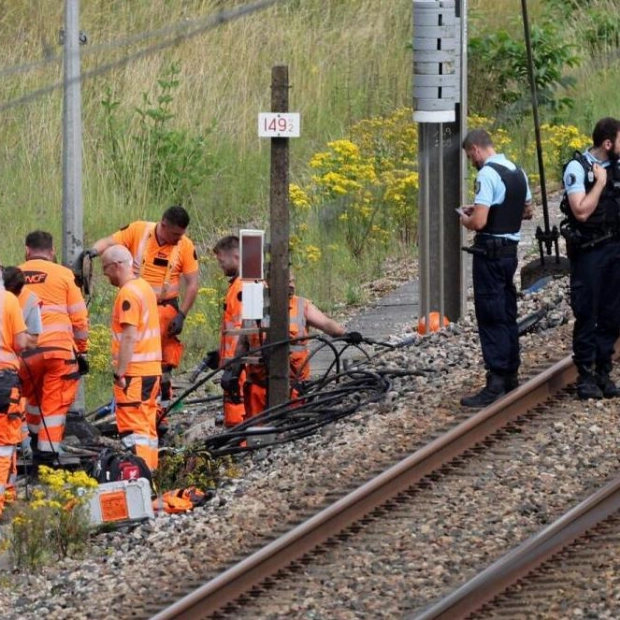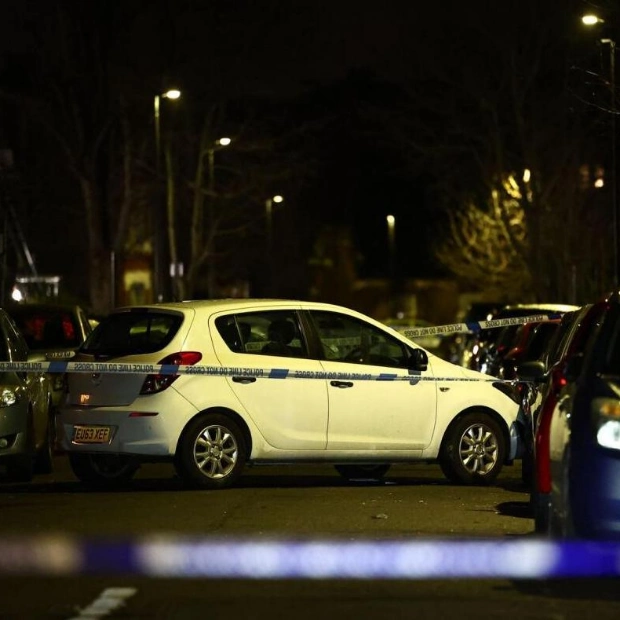Near the ruins of the university building in eastern Ukraine, where she once worked, Olga Borodich expressed her willingness to cede Ukrainian territory to bring an end to the conflict with Russia. Russian forces have left a trail of devastation leading to Pokrovsk, the strategic logistics and military center that she considers her home. Civilians are evacuating in large numbers, and she has reached her limit. The 64-year-old emphasized that her family and neighbors, above all, desire peace, even if it means relinquishing land to Moscow. "I believe it's the correct choice," she stated. However, she added a condition—her hometown could never be part of such concessions. "No. Pokrovsk must remain Ukrainian. What could happen if the Russians take over? Only bad things. A Russian flag here? Never," she told AFP.
Borodich's dilemma reflects a deepening rift among Ukrainians, worn down by two and a half years of relentless warfare, whose steadfast resistance to territorial concessions is gradually eroding. Surveys by the Kyiv International Institute of Sociology indicate a rising willingness to cede territory to end the war, which has claimed tens of thousands of lives—support for this rose from 26% in February to 32% in May. Residents in critical areas along the volatile frontline in the Donetsk region told AFP they would accept living under Russian rule for the sake of peace. Discussions about a potential land swap have intensified following Ukraine's unexpected offensive in the Russian border region of Kursk, which Ukraine claims has expanded its territory. The prospect of land concessions being discussed in future negotiations seems plausible given Ukraine's difficulties in reclaiming areas seized by Russia.
"I think we need to be realistic about what Ukraine can achieve militarily due to limitations in equipment, personnel, and supplies," said Franz-Stefan Gady, a military analyst at the International Institute for Strategic Studies. President Volodymyr Zelensky has consistently declared that Ukraine will never surrender land. However, in a recent interview with French media, including AFP, he suggested that some territories could be returned through diplomatic means, and any decision on concessions would be made by the Ukrainian people. "It's a complex issue," he noted. Polling indicates that an overwhelming majority of Ukrainians still oppose giving in to Kremlin demands to surrender land, although this stance is gradually weakening. Moscow annexed the Crimean peninsula in 2014 and, following its invasion in February 2022, claimed to annex four additional territories, including Donetsk. Putin has insisted that Ukrainian forces surrender these four territories as a prerequisite for any ceasefire or broader negotiations. Some Western officials privately acknowledge that Ukraine may have to cede land in any peace agreement, but they maintain that it is up to Kyiv to determine the terms of negotiation.
Black smoke from a recent Russian attack hung over Svitlana's apple trees as she acknowledged that the control of her frontline town in the Donetsk region mattered less than getting a peaceful night's rest. "It would be very painful, of course," the 71-year-old told AFP in the mining town of Novogrodivka, requesting anonymity. "But even if the Russians arrive, I'll know I'm on my Ukrainian land in my own bed," she said, dressed in a pink nightgown and kissing a cross necklace. However, another resident, Iryna Cherednychenko, strongly disagreed. "So many losses. So many killed. So much blood. For what? To give up territories and sit at the negotiating table now?" the 62-year-old said, her eyes wide with disbelief. Her views were echoed at a nearby field hospital for wounded soldiers, where the sounds of artillery fire filled the night sky. A military doctor from western Ukraine noted that many soldiers in his brigade came from territories under Russian control. "How would we explain to these people that they are sacrificing their well-being and lives, and we will give up their homes, their apartments, their houses, and their cities?" "Giving up territories is not an option," the 26-year-old, who identified himself as Lyubystok, told AFP.
Analysts warn that even if more Ukrainians soften their stance—and even if such a proposal were on the table—ceding land would not necessarily or immediately end the war. "The idea that territorial concessions could lead to peace is quite simplistic," said Marie Dumoulin, a former French diplomat and director of the wider Europe program at the European Council on Foreign Relations. "Some people accept the notion that it may be needed at some point to end the war, but it's not the key to ending the war," she explained. "What will make a durable settlement is not whether Ukraine concedes territories or not, but whether there are deterrents to ensure Russia does not attack again," she added. This is exactly what troubled Cherednychenko in Novogrodivka. "Russia will not stop. Putin will not stop. Tomorrow they'll gather strength and attack again because they have no interest in the existence of Ukraine as an independent state," she said. "Yes, we want the war to end, but the state of Ukraine must exist."
